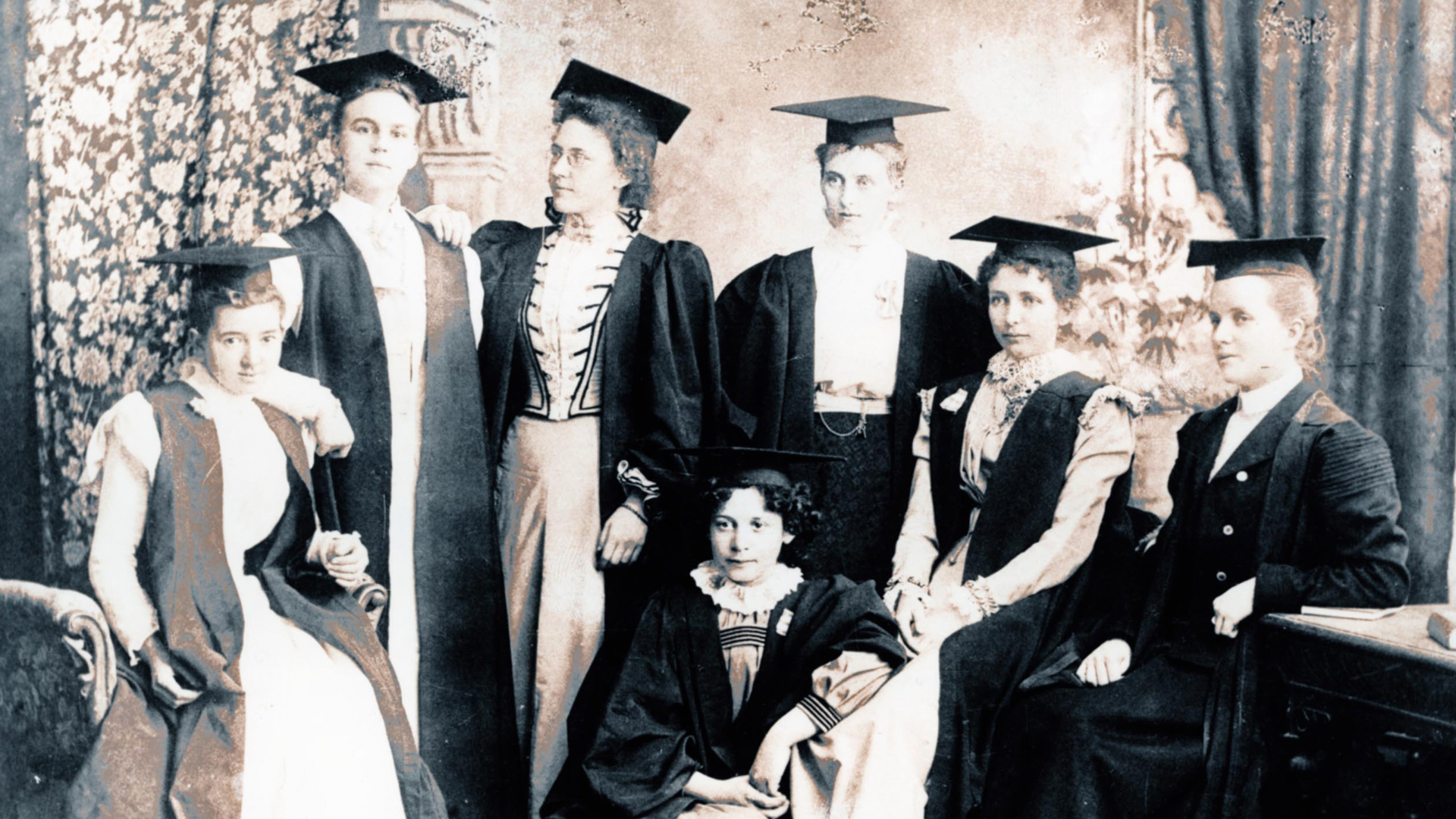Unisa & gender
Across the nine-hundred year history of formalised universities, admitting women has been a relatively recent phenomenon. At Britain’s oldest university, Oxford, women were only admitted for degrees in 1920, and five major colleges remained closed to women until 1974. The University of London was a little more progressive; in 1878, it became the first British university to fully admit women. This was the institution on which Unisa's predecessor, the University of the Cape of Good Hope, was modelled.
The University of the Cape of Good Hope awarded a BA to its first woman graduate, Agnes Allen Lewis, in 1886. The first woman MA, Barbara Buchanan, followed in 1887. In 1927, Gertrude Ntlabati became the first black woman to receive a Unisa degree. She earned a BA from Fort Hare University College, whose students were examined as external students of Unisa.
Women’s studies, an academic discipline founded in the United States in the late 1960s, was initially met with administrative resistance at Unisa, but took root in 1984 with the founding of Unisa’s Centre for Women’s Studies. Renamed the ‘Institute for Gender Studies’, it works today to advance our understanding and awareness of gender issues across Africa.
